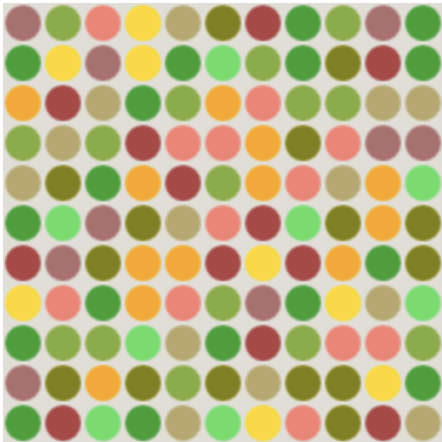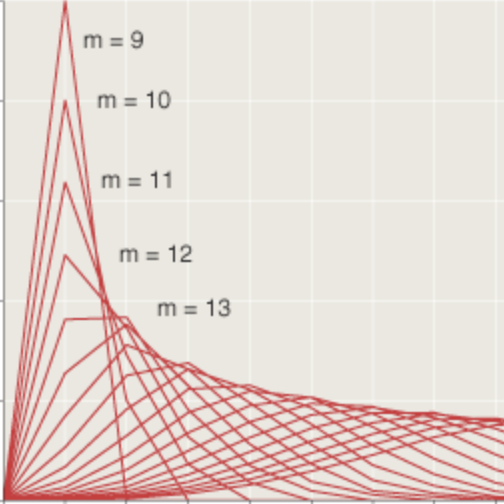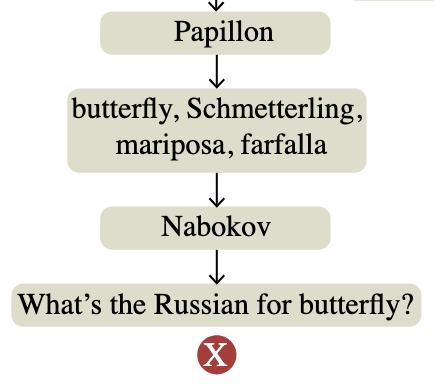On the Sunny Side
by Brian Hayes
Published 27 October 2012
The invented etymology of posh—which says it’s an acronym for “port out, starboard home”—is utterly bogus. Nevertheless, when I book airline seats I always try to get a window on the shady side. Photography is easier with the sun at your back. This morning, however, I was on the sunny side southbound out of Boston. The photographic result was fairly curious.

You might think you’re looking at a snowy landscape here, with bits of two lakes intruding into the left and right edges of the frame. But the lakes are actually islands, and the white field between them is the sea, with the specular reflection of the sun in the upper lefthand corner. Under these lighting conditions, it seems that small variations in angle or texture cause huge differences in brightness. It’s Snell’s Law in action.
A detail from a second frame—two was all I caught—shows the interference patterns in the boat wakes even more clearly.

Here is the uncropped and unenhanced version of the first image. (Uncropped but with grossly reduced pixel count.)

The two islands are part of an archipelago that extends southwest from Woods Hole on Cape Cod, between the mainland and Martha’s Vineyard. I believe these two are Pasque Island on the left and Nashawena Island on the right. Wikipedia tells me that almost all of these islands, which are known as the Elizabeths, are owned by the Forbes family. How posh!
Responses from readers:
Please note: The bit-player website is no longer equipped to accept and publish comments from readers, but the author is still eager to hear from you. Send comments, criticism, compliments, or corrections to brian@bit-player.org.
Publication history
First publication: 27 October 2012
Converted to Eleventy framework: 22 April 2025




I didn’t know the “port out, starboard home” story was bogus. Why do you say so? What is the correct etymology then?
Etymology Online is quite reliable for these things:
The fact is that there are many words whose etymology is uncertain or completely unknown, and there probably always will be.
Beautiful photographs and yes I really did think it was ice/snow with 2 lakes intruding from the left and right.
So obvious once you pointed it out though!
Love the patterns…
M.